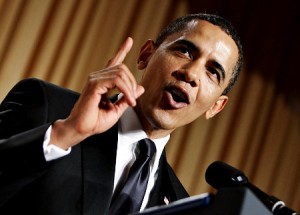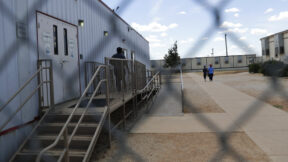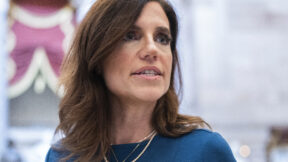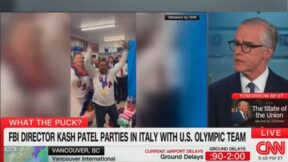My Bad! How One Writer’s Mistake Made It Into President Obama’s Speech
 Imagine being a journalist and writing a piece about health care, in which you describe the plights of average Americans and their battles with insurance providers, only to have President Obama cite an anecdote you reported in a recent speech. Pretty rewarding, right?
Imagine being a journalist and writing a piece about health care, in which you describe the plights of average Americans and their battles with insurance providers, only to have President Obama cite an anecdote you reported in a recent speech. Pretty rewarding, right?
Then imagine finding out that you were wrong, and the story you reported did not play out as you had written, but only after it had entered the national dialogue. Talk about feeling like a jackass.
Such is the story of Slate writer Timothy Noah, whose “Why You Can’t Trust Your Health Insurer” served as the source for the following section from Obama’s September 9th speech:
One man from Illinois lost his coverage in the middle of chemotherapy because his insurer found that he hadn’t reported gallstones that he didn’t even know about. They delayed his treatment, and he died because of it.
As it turns out, some strings were pulled and the Illinois man got his surgery and lived for three more years, as corrected in the Wall Street Journal. Now, Noah is taking responsibility and responding tactfully in a new piece entitled “My Mistake,” in which he wonders, “Where did the president get his misinformation?” He knows, though: “Uh, from me.”
But Noah sees the journalistic mishap as a chance to turn his “blunder” into “a teachable moment.” The resulting explanation is a consequential example of how mistaken information travels — from a House comittee, to the public radio show This American Life, to Slate, Obama and beyond. As a result of the untrue story, conservative writers have accused Obama of lying, and calling the passing on of mistaken information the “snowball effect” seems understated. It’s a game of telephone with policy on the line.
But the writer’s ability to stand up and address the controversy, calmly admit his mistake and describe in detail just how it happened is exactly the sort of intellectual honesty missing from the health care debate, as well as so much more of journalism and politics alike. Noah’s retelling of the chain of events and his subsequent apology are mature and gracious, but more importantly, serve as an unforgettable journalistic fable. Read the entire story here.
New: The Mediaite One-Sheet "Newsletter of Newsletters"
Your daily summary and analysis of what the many, many media newsletters are saying and reporting. Subscribe now!






Comments
↓ Scroll down for comments ↓